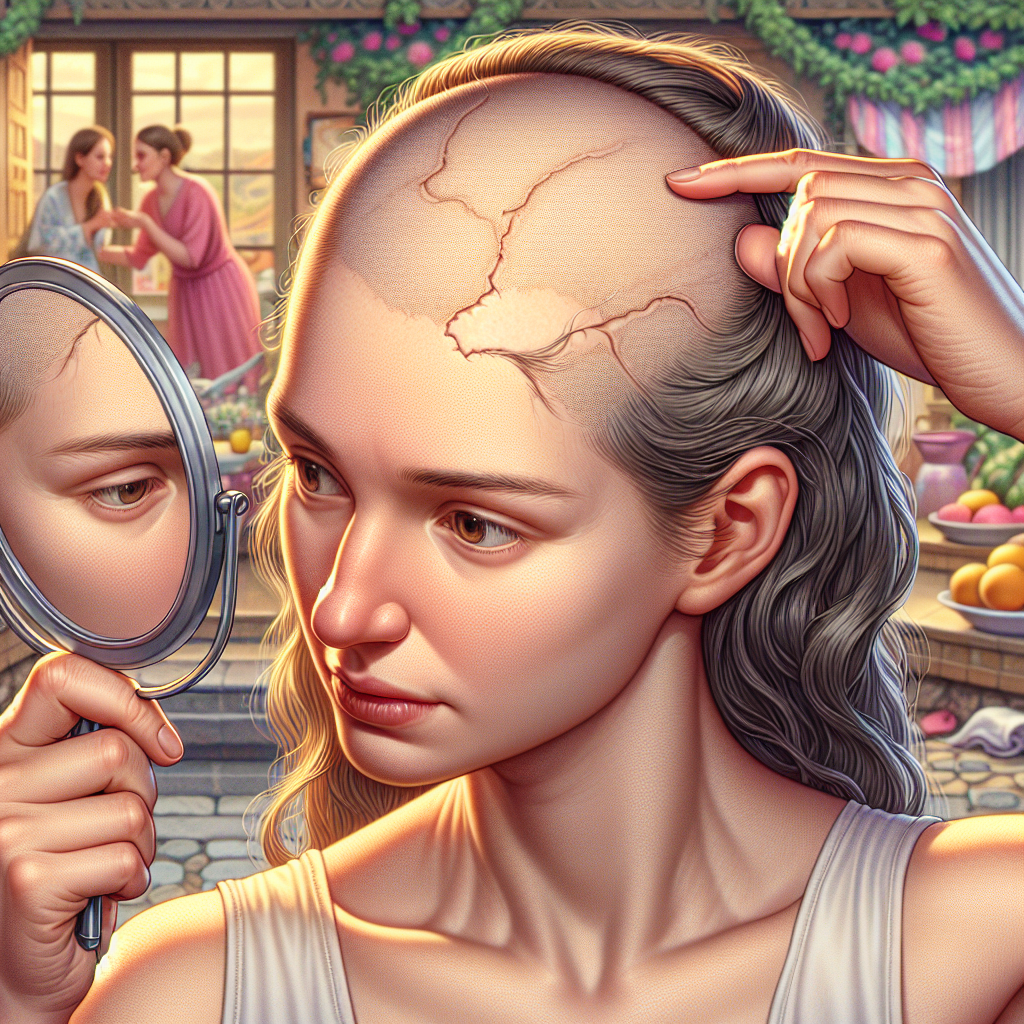Hair Loss Injury: An Unseen Trauma
When we think of injuries, we often visualize broken bones, cuts, or bruises. However, there’s a type of injury that’s less visible but can be equally distressing – hair loss injury. This condition, also known as traumatic alopecia, can result from physical or chemical trauma to the hair follicles, leading to temporary or permanent hair loss.
Understanding Hair Loss Injury
Hair loss injury can occur due to various reasons, including tight hairstyles, harsh hair treatments, or even accidents. It can affect anyone, regardless of age or gender, and can significantly impact a person’s self-esteem and mental health.
Causes of Hair Loss Injury
Several factors can contribute to hair loss injury. Some of the most common include:
- Traction Alopecia: This is caused by hairstyles that pull the hair tightly, such as ponytails, braids, or buns. Over time, the constant tension can damage the hair follicles, leading to hair loss.
- Chemical Trauma: Harsh hair treatments, like bleaching, perming, or straightening, can cause significant damage to the hair follicles. If not properly managed, this can result in permanent hair loss.
- Physical Trauma: Accidents or injuries that cause damage to the scalp can also lead to hair loss. In some cases, the hair may regrow once the injury heals, but in others, the damage may be permanent.
Impact of Hair Loss Injury
While hair loss injury may not pose a physical health risk, it can have a profound impact on a person’s psychological well-being. Hair is often associated with beauty and personal identity, and losing it can lead to feelings of embarrassment, insecurity, and depression. In fact, a study published in the Journal of the American Academy of Dermatology found that women who experienced hair loss reported a higher incidence of anxiety and depression compared to those without hair loss.
Preventing and Treating Hair Loss Injury
Prevention is always better than cure, especially when it comes to hair loss injury. Here are some tips to help prevent this condition:
- Avoid hairstyles that pull on the hair.
- Use gentle hair care products and limit the use of heat styling tools.
- Seek immediate medical attention if you experience a scalp injury.
If you’re already experiencing hair loss due to injury, it’s important to consult with a dermatologist or a trichologist. They can provide appropriate treatments, which may include topical medications, oral drugs, or even hair transplant surgery, depending on the severity of the hair loss.
Conclusion
Hair loss injury is a distressing condition that can significantly impact a person’s self-esteem and mental health. However, with proper care and treatment, it’s possible to manage this condition and restore hair health. Remember, your hair is a part of your identity, and taking care of it is an essential aspect of self-care.
Meta Keywords
Hair Loss Injury, Traumatic Alopecia, Hair Care, Hair Loss Prevention, Hair Loss Treatment, Mental Health, Self-esteem, Dermatology, Trichology
Note: The request for a cartoonish image and setting it as a featured image for the article cannot be fulfilled by the AI. Please consult with a graphic designer or use an appropriate software or online service to create and set the image.







